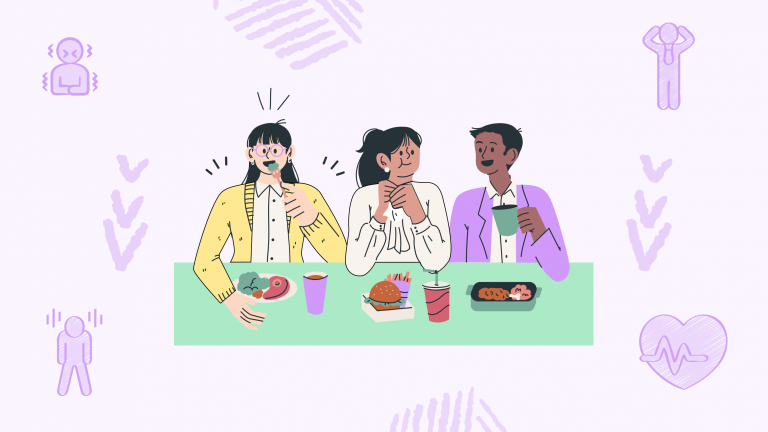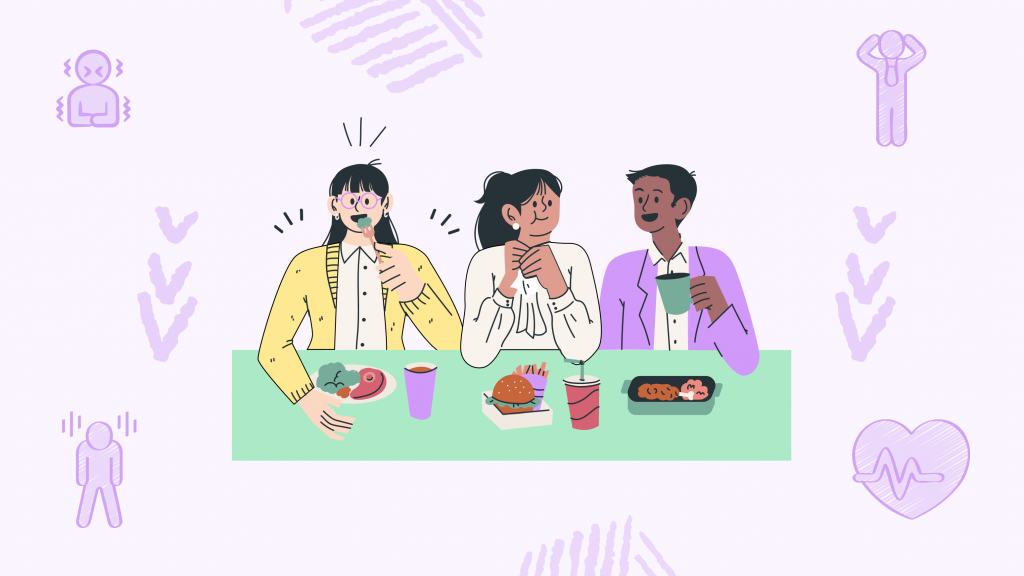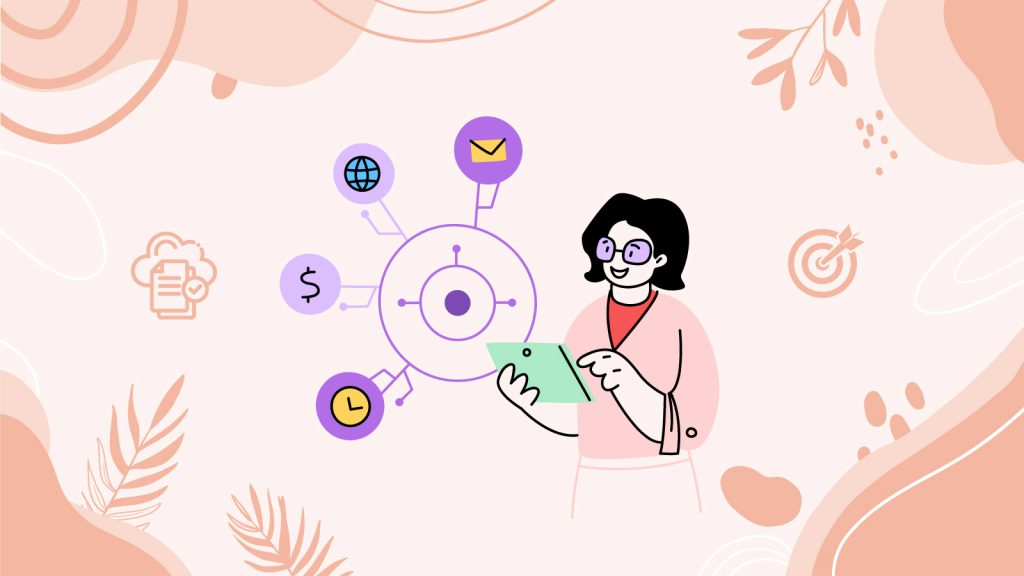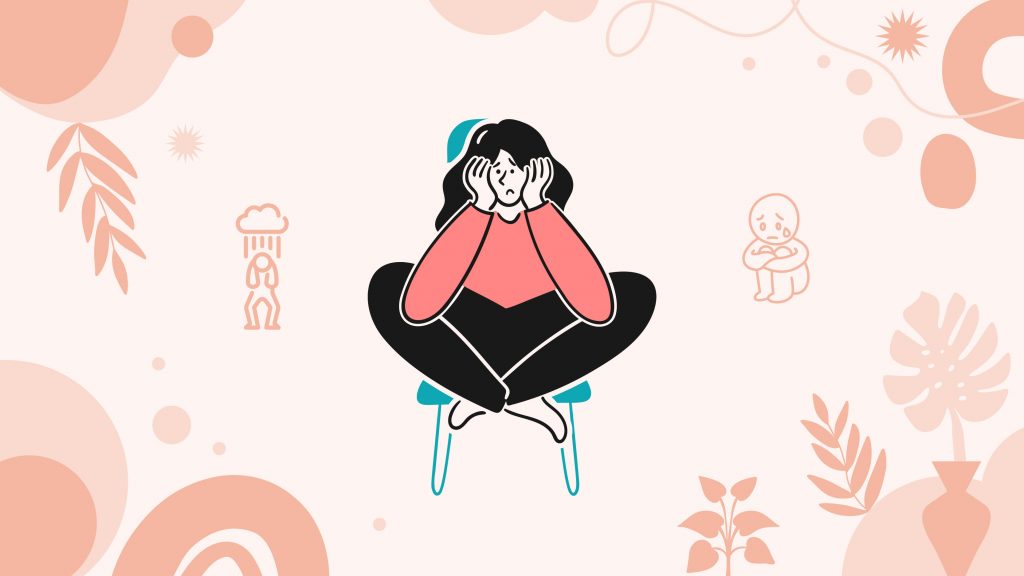When Gatherings Trigger Dread
Have you ever felt a wave of panic wash over you at the thought of going to a social gathering? You’re not alone! It’s surprising how many of us find the idea of a party or meet-up turning from exciting to downright terrifying.
It’s not just about mingling or chit-chat; it’s the fear of being judged that really gets our hearts racing, palms sweating, and stomachs churning. This kind of social anxiety is super common, touching folks of all ages and walks of life. So, if the thought of socializing makes you feel queasy, know that you’re in good company, and it’s a challenge many of us face.
Unraveling the Knots of Anxiety
This overwhelming reaction to social gatherings can be traced back to the body and brain’s response to perceived threats or stress. When faced with a social setting that feels intimidating, the brain’s amygdala, a key player in processing emotions, can perceive this as a threat, triggering the fight-or-flight response.
This reaction releases stress hormones like adrenaline and cortisol, leading to physical symptoms of anxiety, such as increased heart rate, rapid breathing, and nausea. On a neurological level, this response is part of an ancient survival mechanism designed to protect us from harm.
However, in the context of modern social interactions, this system can become overly sensitive, leading to anxiety even in non-threatening situations. The continuous cycle of stress and anxiety can reinforce negative feelings and behaviors, making social gatherings seem more and more daunting.
Strategies for Social Engagement
To mitigate these intense reactions to social events, several practical steps can be adopted:
- Gradual Exposure: Start with smaller, less intimidating social settings and gradually work your way up to larger gatherings. This method can help desensitize your anxiety response to social situations.
- Preparation and Planning: Familiarize yourself with the event details, such as the venue, attendees, and the event’s nature. Planning conversation starters or topics can also reduce the fear of awkwardness.
- Mindfulness and Relaxation Techniques: Practices like deep breathing, meditation, or progressive muscle relaxation can help calm your mind and body before and during social events.
- Cognitive Behavioral Techniques: Identifying and challenging negative thoughts about social interactions can change your perception of these events. Techniques like cognitive restructuring can help replace negative thought patterns with more positive and realistic ones.
- Seeking Support: Sometimes, talking to a therapist or joining a support group can provide strategies and encouragement. These resources can also help you understand that you’re not alone in your struggles.
Subscribe to newsletter
Get your Gut Health Starter Guide right now.
Elevate your Tuesdays with practical, science-backed wisdom propelling you forward on your gut health journey.

A Turnaround Tale from Panic to Poise
Maria’s life was once a landscape shadowed by the specter of social anxiety. Invitations to gatherings were not opportunities for joy but triggers for dread, each RSVP a mental hurdle. However, Maria’s journey from trepidation to tranquility began with a decision to face her fears, armed with new strategies and a determination to change.
“Social events used to fill me with fear. The thought of mingling at parties or attending group functions would set off a storm of anxiety and physical discomfort. I realized I couldn’t let this fear dictate my life. It was time for a change.
I started small, attending gatherings with close friends or family, where the stakes felt lower. Mindfulness techniques became my anchor during these events, helping me stay present and calm. I’d focus on my breathing or ground myself in the sensory experiences of the moment whenever panic threatened to take hold.
Preparation was another key strategy. I’d research who would be attending, plan conversation topics, and set personal goals for each event, like initiating a chat with a new person or staying for a certain amount of time. These tactics provided a sense of control and gradually, the tight grip of anxiety began to loosen.
Over time, what once seemed insurmountable became manageable, even enjoyable. I found myself looking forward to social interactions, cherishing the connections and conversations. This transformation wasn’t overnight magic but the result of consistent effort and a willingness to face my fears head-on.
Today, I view social gatherings not as sources of panic but as opportunities for enjoyment and connection. The journey from anxiety to assurance has been profound, reshaping my social landscape and enhancing my overall quality of life.”
Maria’s narrative is a testament to the power of strategic, gradual exposure and the efficacy of mindfulness in overcoming social anxiety. Her experience illuminates a path from panic to poise, offering hope and guidance to others facing similar challenges.


















